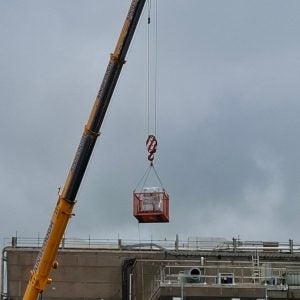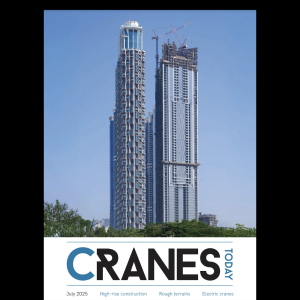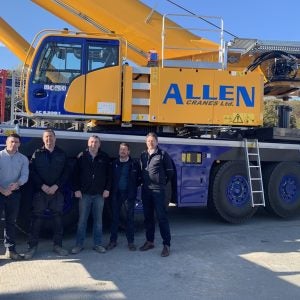The proposed delay was made official on 10 February 2014, when OSHA publishes a Notice of Proposed Rulemaking (NPRM) in the Federal Register, bringing closer to an end months of uncertainty over the need to certify operators in states that follow federal workplace safety rules. A final decision on whether to delay the requirment will be made after a consultation period, ending on 12 March.
The US industry had been moving towards a nationwide operator certification requirement since before the millennium. The crane industry took the first step, forming the National Commission for the Certification of Crane Operators, as a voluntary not-for-profit certification agency.
OSHA then put in place an expert working group to develop a new cranes and derricks rule, as the basis for a negotiated rulemaking. The group, the Cranes and Derricks Advisory Committee, or C-DAC, made its suggestions for a federal rule in 2003, including a proposal for a federal certification requirement. After a long delay, OSHA issued a final standard on requirements for cranes and derricks in construction work on Aug. 9, 2010. The standard required crane operators on construction sites to meet one of four qualification/certification options by Nov. 10, 2014.
fter OSHA issued the standard, a number of parties raised concerns about the qualification/certification requirements. Some industry experts predicted that certification by crane capacity could cost as much as a billion dollars. Some members of C-DAC expressed dismay that the agency interpreted the rule in this way, counter to their intention when writing the proposal.
After conducting several public meetings, OSHA decided to extend the enforcement date so that the certification requirements do not take effect during potential additonal rulemakings, designed to address these concerns, or cause disruption to the construction industry.
In May of last year, OSHA released a statement announcing its intention to publish a new NPRM, the official mechanism for changes to federal standards. Many in the industry (including, at times, Cranes Today) took OSHA’s announcement of its intention as definite confirmation that the deadline would be extended.
However, as weeks passed into months without the publication of an NPRM in the Federal Register and the November 2014 deadline still in place, uncertainty returned to the industry. Crane owners in states following federal OSHA rules, and without a state-level certification or licensing requirement, were left unsure when the rule would come into affect, whether it would require certification by crane capacity, and whether OSHA would consider any scheme as a certification (demonstrating basic competence) or a qualification (releasing employers from any further obligation to, for example, ensure operators had been trained on the specific model of crane they worked on).
The publication of the NPRM does not answer these questions. However, it gives the regulator, the crane industry, and other stakeholders, a three year window in which to craft changes to the certifcation as requested by industry.






